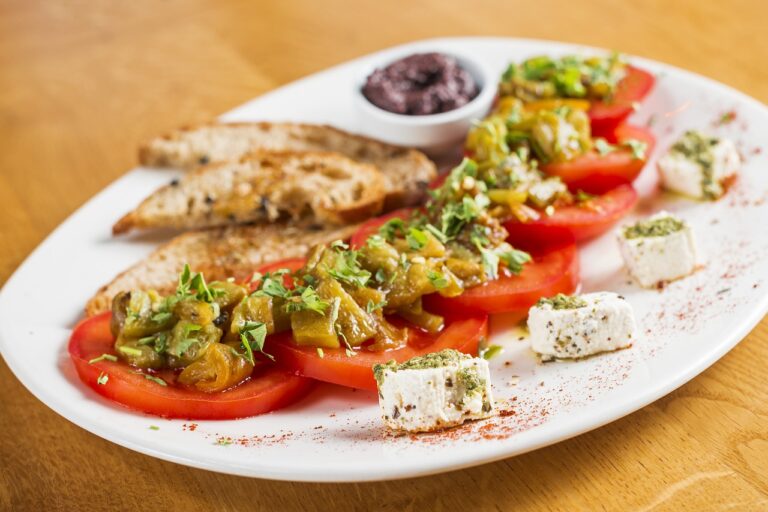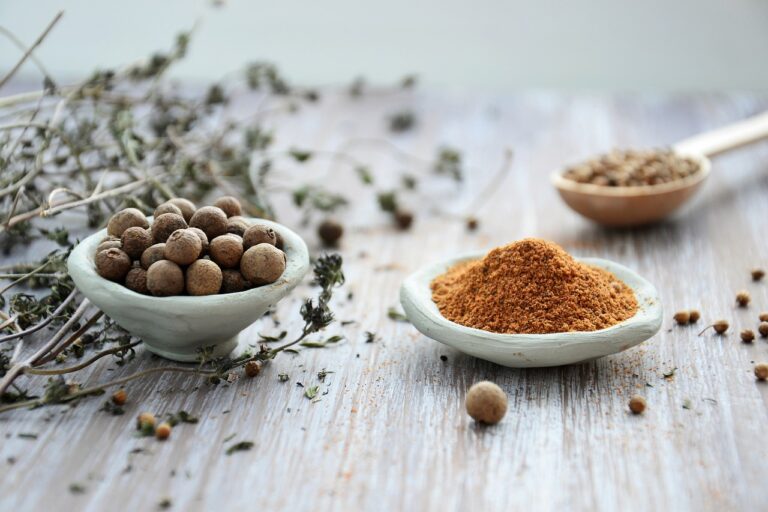Guide to Marination: Techniques, Benefits, and Applications
- Introduction:
Marination, the process of soaking food in a seasoned liquid, is a culinary technique that enhances flavor, tenderness, and moisture. From meats and vegetables to fish and tofu, marination offers a versatile approach to elevate culinary creations. This comprehensive guide will explore the intricacies of marination, providing practical knowledge and actionable insights for home cooks and professionals alike.
Choosing the Right Marinating Ingredients
Acids:
- Vinegar (white, red, balsamic): Breaks down proteins, resulting in softer meat.
- Wine (red, white): Adds fruity, complex flavors and tenderizes.
- Citrus juices (lemon, lime, orange): Brightens flavors and helps preserve meat.
Oil:
- Olive oil: Versatile, adds richness and prevents drying out.
- Vegetable oil: Neutral flavor, good for high heat grilling or roasting.
- Butter: Infuses flavor and tenderness, but should be used with caution as it can burn easily.
Herbs and Spices:
- Fresh herbs (thyme, rosemary, basil): Impart bright, aromatic flavors.
- Dried herbs (oregano, bay leaves, sage): Add depth and complexity.
- Ground spices (paprika, cumin, garlic powder):* Enhance flavors and create rubs.
Marination Techniques
Dry Brining:
- Applying a mixture of salt and spices directly to meat or fish without a liquid.
- Draws out moisture, creating a flavorful, crispy exterior.
- Suitable for proteins that benefit from salt infusion, such as poultry and pork.
Wet Brining:
- Submerging meat or fish in a saltwater solution for extended periods.
- Penetrates deeply, enhancing juiciness and flavor distribution.
- Recommended for larger, thicker cuts of meat that require longer cooking times.
Acid Marinating:
- Using acidic ingredients (e.g., vinegar, citrus juices) to break down proteins and tenderize meat.
- Works well for tough cuts or quick marinating (1-2 hours).
- Can be acidic, so monitor marination time to prevent over-tenderizing.
Enzyme Marinating:
- Incorporating enzymes (e.g., pineapple, papaya, ginger) that break down connective tissues.
- Produces extremely tender meat, but requires short marinating times (30-60 minutes).
- Avoid using with dairy products, as enzymes can curdle them.
Practical Applications of Marination
Improving Flavor:
- Infuses flavors deeply into meats and vegetables, creating a rich and complex taste profile.
- Allows for customization and experimentation with different marinades to suit personal preferences.
Tenderizing Tough Cuts:
- Breaks down proteins and connective tissues, making meats more tender and juicy.
- Especially effective for inexpensive cuts of meat that are typically tough if cooked without marinating.
Preserving Food:
- Acids in marinades can help preserve meats and vegetables by inhibiting bacterial growth.
- Extends the shelf life of perishable items, especially when combined with refrigeration.
Reducing Grilling Time:
- Marinating helps proteins cook more evenly and quickly, leading to shorter grilling times.
- Reduces the risk of overcooking and drying out, resulting in perfectly cooked dishes.
Conclusion
Marination is a culinary art form that enhances the flavor, tenderness, and usability of a wide range of foods. By understanding the different marination techniques and ingredients, home cooks and professionals can create mouthwatering dishes that are both delicious and nutritious. From everyday meals to special occasions, marination is a versatile technique that will elevate your culinary repertoire.

























